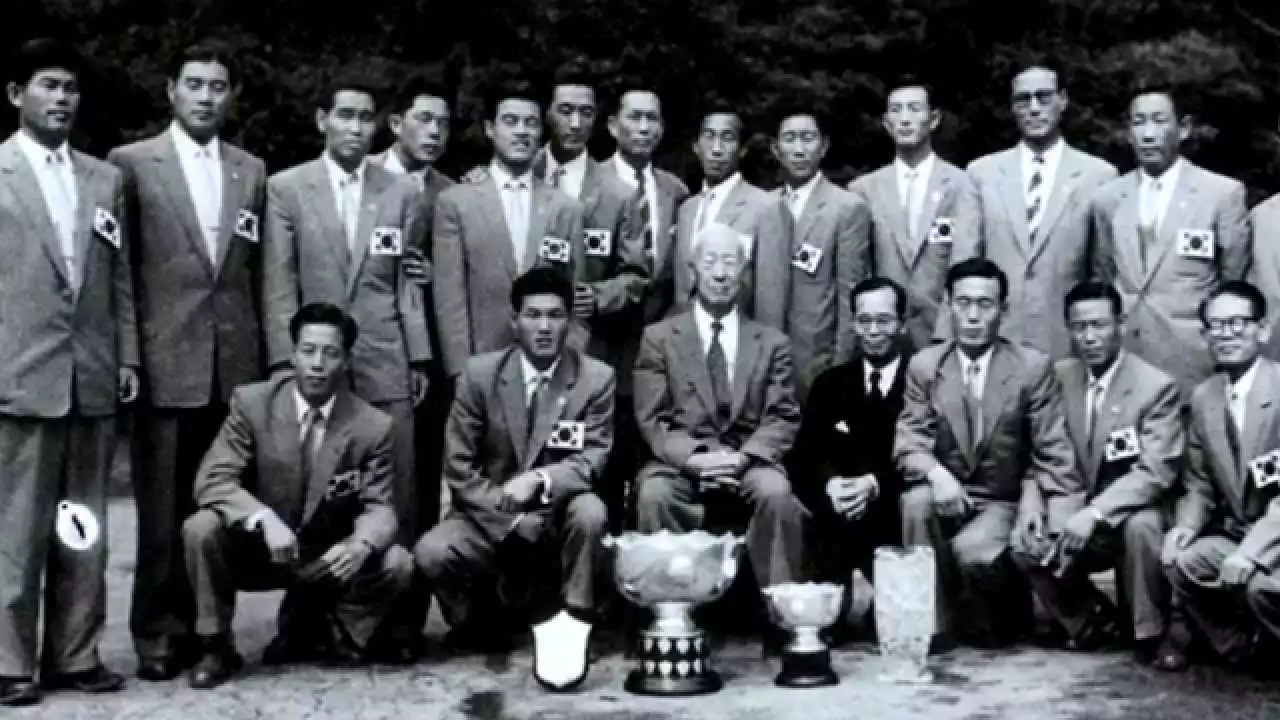The Inaugural AFC Asian Cup in 1956
The AFC Asian Cup made its debut in 1956, marking a significant milestone for Asian football. The tournament, held in Hong Kong, showcased the talent and skill of the participating nations. In a hard-fought final, South Korea emerged as the champions, defeating Israel. This victory not only established South Korea as a formidable force in Asian football but also set the stage for future success.
The inaugural edition of the AFC Asian Cup laid the foundation for what would become one of the most prestigious tournaments in Asian football. It paved the way for other nations to showcase their footballing prowess and encouraged the growth and development of the sport across the continent. The excitement and passion generated by this historic event helped solidify the AFC Asian Cup as a must-watch tournament for football fans across Asia and beyond.
Expansion of the Tournament in the 1970s
In the 1970s, the AFC Asian Cup underwent a significant expansion, opening its doors to teams from all over Asia. This move marked a turning point in the tournament's history, as it allowed a wider range of nations to participate and increased the level of competition. The expansion not only brought a fresh wave of talent to the tournament but also showcased the diversity and richness of Asian football.
With the inclusion of more teams, the AFC Asian Cup became a true reflection of the strength and depth of football in Asia. It provided an opportunity for smaller nations to compete against the established powerhouses, inspiring them to raise their game and leave their mark on the tournament. The expansion of the AFC Asian Cup in the 1970s set the stage for a more inclusive and competitive tournament, captivating football fans across the continent.
Saudi Arabia's Dominance in the 1980s
The 1980s saw the rise of Saudi Arabia as a dominant force in Asian football. The Saudi Arabian national team showcased their skill and tactical prowess, winning three consecutive AFC Asian Cup titles in 1984, 1988, and 1992. This period of Saudi Arabian dominance not only cemented their status as a footballing powerhouse but also raised the bar for competition in the tournament.
Saudi Arabia's success in the 1980s showcased the technical ability and tactical astuteness of Asian football. Their victories inspired a new generation of players and fans, fueling the passion for the sport across the region. The Saudi Arabian national team's achievements during this era remain a landmark moment in AFC Asian Cup history, forever etching their name in the annals of Asian football.
Japan's Rise to Prominence in the 1990s
The 1990s marked a turning point for Japanese football, as the national team began its ascent to prominence on the Asian stage. Japan's success in the AFC Asian Cup during this period showcased their technical excellence and tactical prowess, earning them the title in 1992 and a runner-up finish in 2000. This rise to prominence not only brought Japan international recognition but also elevated the level of competition in the tournament.
Japan's success in the 1990s signaled a shift in power within Asian football, as they challenged the established dominance of nations like Saudi Arabia. Their victories inspired a new generation of Japanese players and ignited the passion for football in the country. Japan's rise to prominence in the AFC Asian Cup remains a landmark moment in the tournament's history, highlighting the growth and development of football in Asia.
South Korea's Impressive Run in the 2000s
The 2000s witnessed an impressive run by the South Korean national team, as they established themselves as one of the powerhouses of Asian football. South Korea's success in the AFC Asian Cup during this period included a runner-up finish in 2000 and a memorable third-place finish in 2002 when they co-hosted the FIFA World Cup. Their performances showcased their resilience, skill, and determination on the football pitch.
South Korea's impressive run in the 2000s not only solidified their status as a force to be reckoned with in Asian football but also captivated fans across the continent. Their success inspired a new generation of South Korean players and elevated the level of competition in the AFC Asian Cup. South Korea's achievements during this period remain a landmark moment in the tournament's history, symbolizing their contribution to the growth and popularity of Asian football.
Qatar's Hosting of the AFC Asian Cup in 2011
The hosting of the AFC Asian Cup by Qatar in 2011 was a landmark moment for the tournament and for football in the Middle East. This was the first time the tournament was held in the Middle East, and Qatar's successful organization of the event showcased their ability to host major international sporting competitions. The tournament featured state-of-the-art stadiums, top-notch infrastructure, and impeccable organization, leaving a lasting impression on fans and participants alike.
Qatar's hosting of the AFC Asian Cup in 2011 not only elevated the tournament to new heights but also raised the profile of football in the Middle East. It showcased the passion and enthusiasm for the sport in the region and provided a platform for Asian football to shine on a global stage. The success of the tournament laid the foundation for Qatar's hosting of the FIFA World Cup in 2022, further solidifying the country's status as a sporting hub in the region.
Australia's Entry into the AFC and Their Victory in 2015
In 2006, Australia made the move from the Oceania Football Confederation to the Asian Football Confederation, marking a significant moment in the history of the AFC Asian Cup. This move not only expanded the tournament's reach but also brought a new level of competition to the event. Australia's entry into the AFC signaled the changing landscape of the tournament and the increasing competitiveness of football in the region.
Australia's victory in the AFC Asian Cup in 2015 was a landmark moment for the tournament and for Australian football. The Socceroos, as the Australian national team is known, triumphed on home soil, capturing their first-ever AFC Asian Cup title. Their success not only showcased their talent and determination but also highlighted the growth and development of football in Australia.
Australia's entry into the AFC and their victory in 2015 marked a new chapter in the AFC Asian Cup's history, reflecting the evolving landscape of football in Asia. It emphasized the inclusivity and diversity of the tournament, capturing the imagination of fans across the continent. Australia's triumph remains a landmark moment in the tournament's history, underscoring their contribution to the growth and success of Asian football.
As we conclude this journey through the 10 landmark moments that shaped the AFC Asian Cup, it becomes evident that this tournament has played a pivotal role in the growth and development of Asian football. From its humble beginnings in 1956 to the present day, the AFC Asian Cup continues to captivate football fans with its rich history, fierce competition, and unforgettable moments. As the tournament evolves, we can only anticipate more landmark moments that will shape the future of the AFC Asian Cup and further cement its status as one of the premier football tournaments in Asia.









